Parenting an Angry Child? 10 Underlying Reasons you Shouldn’t Ignore
If you’re raising an angry child, learning the underlying causes of your child’s anger is the first step in anger management for kids. Although it’s not always possible to perfectly decode every angry outburst, there are several common reasons why a child may struggle to manage their irritability and frustrations.
Anger and irritability in kids can feel totally overwhelming as a parent. Sometimes the anger seems to come out of nowhere, and everything you try seems to fail. Kids may become explosive when triggered by frustration, and they haven’t yet developed healthy skills to channel their emotions. Alternatively, there may be another underlying reason why your son or daughter seems to be so angry all the time.

⭐️Free 9-page Expert Master guide⭐️>> 5 Secrets to MORE cooperation and LESS conflict with your strong-willed child (Click here to grab)
Anger is Tricky
Anger loves to trick us.
In childhood, the anger of others made me feel like I wasn’t good enough. In adolescence, my own anger enabled me to feel powerful and strong and in parenthood anger allows me to feel a sense of control amidst the chaos.
I now know those feelings weren’t realities but merely the smoke screens of anger, sent to cover deep hurt, pain, and helplessness.
Anger had me fooled until I was forced to stare it in the face as a mental health professional and as the parent of an angry child.
There is always more to anger than meets the eye.
Don’t let your child’s anger fool you, anger serves a protective purpose for them too.
Anger does the bidding of your child’s unconscious mind and right at the moment your child rears their tiny head and spews the flames of hurt and disrespect “I hate you!” is right about when they are feeling the most fragile, weak and vulnerable.
Anger isn’t wrong or bad, anger is survival.
Angry kids aren’t bad. An angry child is trying to cope and survive the best they know how at that moment.
There’s always a reason underlying a child’s struggles with anger although we’re often so jarred by angry behaviors that in our fast and hasty reactions we neglect to dig deep enough to find it.
The first step in helping a child deal with anger in healthier ways is pinpointing the underlying causes and addressing the root of the anger problems.
Observing Your Angry Child
Getting curious about your angry child and what struggles may lie underneath aggressive and intense behaviors is the first step in helping them deal with their anger in healthier ways.
While it’s not always possible to zero in with perfect precision on the underlying driver of each and every anger outburst, there are several common reasons why a child may struggle to manage anger in daily life.
10 Possible Reasons You Have an Angry Child
Developmental Growth Spurt
When it comes to your child’s growth and development you’re likely familiar with physical ‘growing pains’ but have likely never considered emotional growing pains!
Certain ages and stages of development come with prolific brain growth, and with any major renovation, heavy construction is sometimes needed. While your child’s neurons and synapses are hard at work during the developmental leaps of toddlerhood, late childhood and adolescence, they will have an impeded ability to use areas of the brain that regulate self-control and emotional regulation.
Anxiety
What most parents do not realize is that anxiety symptoms in children look a lot like anger issues.
A brain in a state of anxiety feels under siege and has gone into ‘fight or flight’, meaning a child feeling a sense of anxiety will get angry more quickly and more frequently.
Loss of Control
For many of us, anger is an easy way for our subconscious mind to harness a sense of power. In the world we live in today children spend much of their day following the directives of others all day long.
Busy schedules and long hours at school and extracurriculars leave less time for child-directed play which has long served to give kids an opportunity to achieve a healthy sense of control and power.
Expressing anger is a quick way for kids to express an underlying sense of powerlessness.
Related read >> 75 Calm Down Strategies for Kids (that they’ll want to try!)

Feeling Disconnected
A child’s biological need for a close warm and connected relationship with a caregiver is a powerful force. It provides a sense of security that allows your child to explore and learn to achieve healthy development.
If a child’s need for connection is not being met, anger often serves as a quick conduit to communicate an unmet need to adults.
Any human, when they don’t feel seen and heard, will use behavior and communication to amp up their attempts to be seen and heard.
Big life changes/transitions/trauma
Change and loss are a natural part of life, and so is the anger that can come along with them. For a small child, seemingly routine changes like starting pre-school can create a disruption to their everyday rhythm that can be unsettling and cause increased emotionality.
Heightened emotions also play a role in grief and loss in childhood because when a child’s emotion center is highly activated they’ll be less able to access their ‘thinking brain’ which might normal serves to interupt angry impulses.
Emotional or behavioral challenges
Many children come into the world with emotional and behavioral conditions that dramatically affect how they are able to process and manage anger. Almost always these conditions are observable from very young ages and remain fairly consistent throughout childhood.
Developmental conditions such as ADHD, Sensory Processing Challenges, and Autism are all examples of conditions that present inherent challenges in regards to a child’s emotional regulation skills.
Temperament and personality
We know about half of a child’s personality is hard-wired from birth and any parent of a strong-willed child knows that some kids are inherently less flexible and adaptable than their peers.
Many sensitive, spirited, intense and highly emotional children inherently have to work harder to manage their big emotions as they feel emotions more frequently and intensely in everyday life.
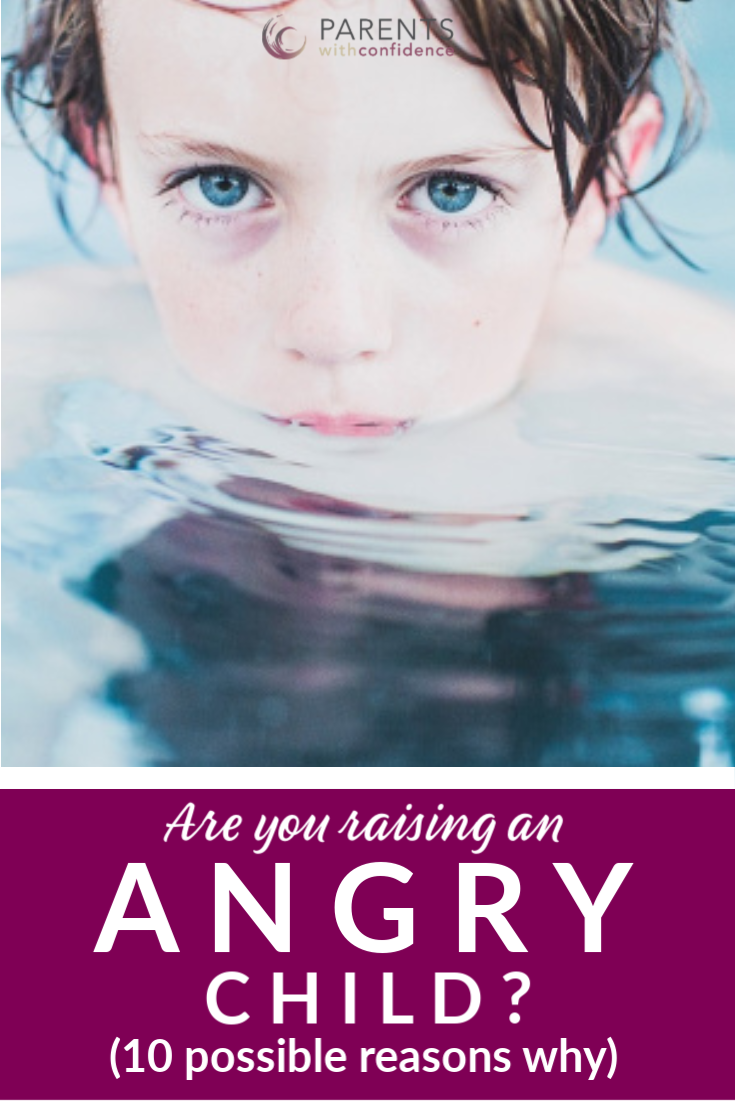
Anger is Modeled
The behaviors parents model for their child are a powerful teacher and the most effective way to help an angry child. If anger is commonly allowed to control the behaviors of adults in the household it’s easy to see how a child will pick up similar coping strategies.
Whether anger is used as a tool to gain a child’s compliance or adults in the home don’t properly manage and model healthy anger coping strategies, what a child sees and observes on an everyday basis is a powerful teacher.
Physical causes
The most common culprit has earned its own slang name, ‘hangry’, but low blood sugar, lack of adequate sleep and other physical health variables can play a big role in your child’s ability to manage their anger.
A child’s mental health is closely connected to their physical health. Meaning: small everyday changes like getting enough sleep and more time in nature hold the potential to either worsen or improve a child’s mood and behavior.
Learning challenges/disabilities
If a child is experiencing an undiagnosed learning issue, the initial fallout often comes through emotions of frustration and anger.
Often with learning challenges, a child’s ability does not jive with the expectations held for them by others. When the reason why is unknown this can lead to a chronic cycle of stress, irritability, and frustration.
There’s Hope if You Have an Explosive Child
While anger is a healthy and natural emotion, many kids experience anger to a greater and more extreme degree causing enormous stress for the child and their family.
Exploring the underlying variables that may be affecting your angry child beneath the surface is the first step to leading them toward a new healthier relationship with anger.
Your child’s anger loves to trick you.
It can make you feel out of control, helpless and hopeless (and that you’re failing as a parent), but you need to remember the truth about anger.
We can better understand it and the purpose it serves for our child (to aid in surviving and coping with challenging circumstances), without allowing it to call the shots.
We can set the stage for our child to have a healthy relationship with anger by accepting and handling it in a healthy and confident way where we’re in charge of it, and not the other way around.
***If your child is experiencing anger issues more often than not and it’s causing significant stress in school, with peers or at home, being evaluated by a mental health professional will go far to provide clarity around the specific issues your child may be having and to help support you and your child in managing their anger. The skills your child will learn in therapy are a gift they’ll appreciate and use throughout their life.
Tips for finding a therapist:
- Find a therapist who specializes with children
- Find a therapist who practices play therapy (if your child is 7 or under)
- Make sure both you and your child feel comfortable with the therapist
This post was originally published May 20, 2019 and has since been updated.
Read More About Helping Your Angry Child
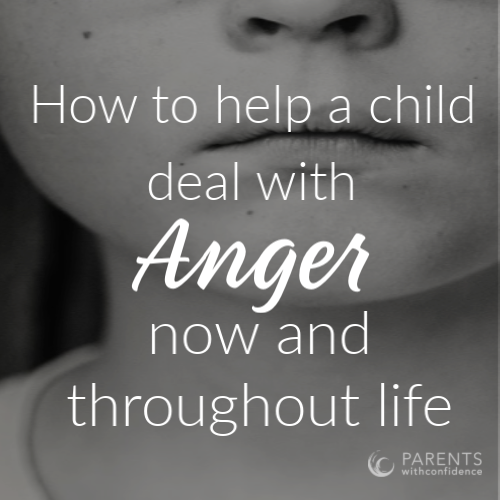
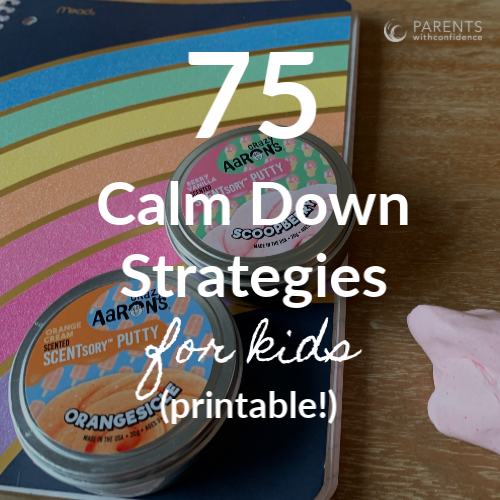
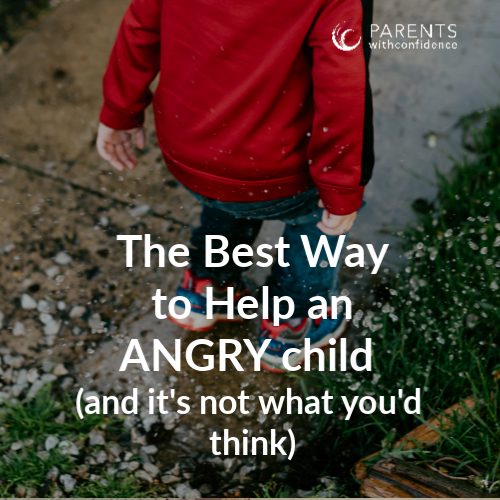
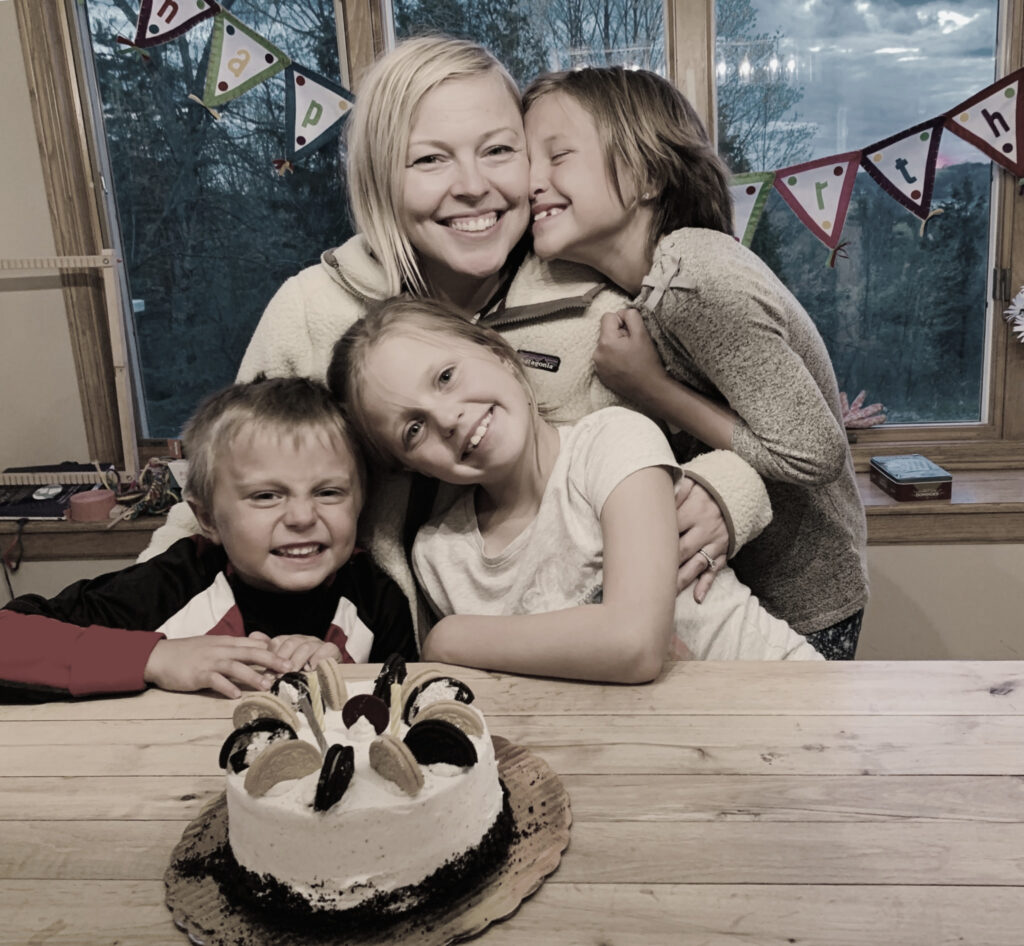
About Angela Pruess LMFT
Welcome! I’m Angela, a Licensed Children’s Mental Health Professional, Positive Parenting coach, and mom to Spirited Kids that help me learn and grow (grey hairs) every single day. I believe EVERY child deserves to live their BEST life and that emotional health is the magic key to lifelong success and happiness. Read more about me and the Parents with Confidence manifesto.





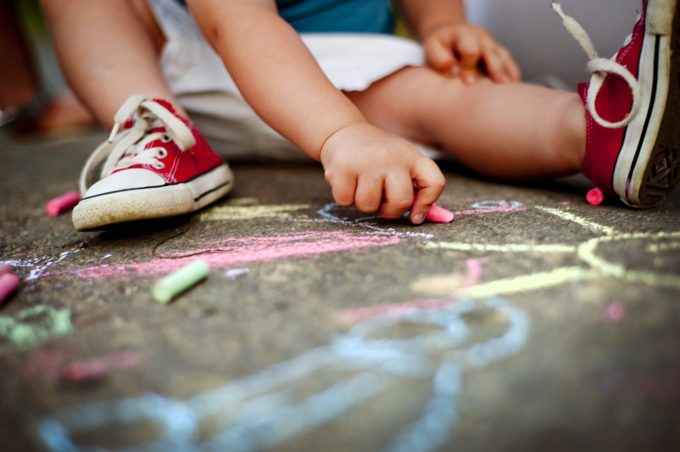
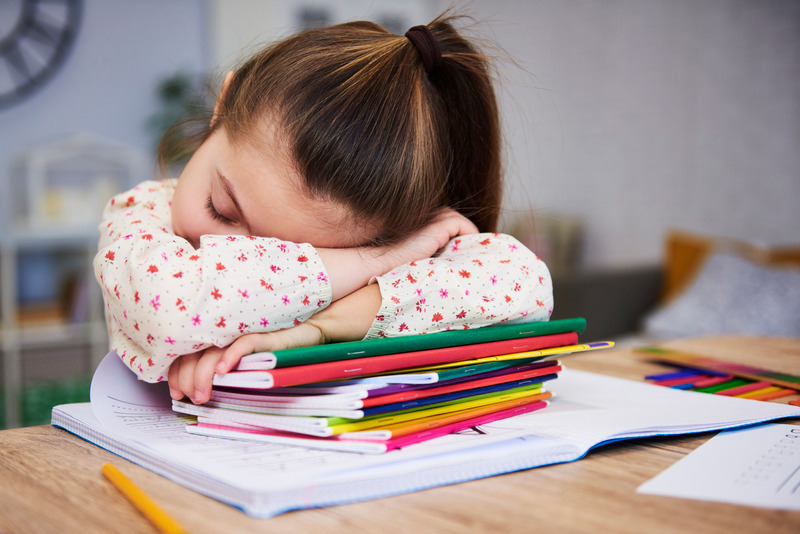
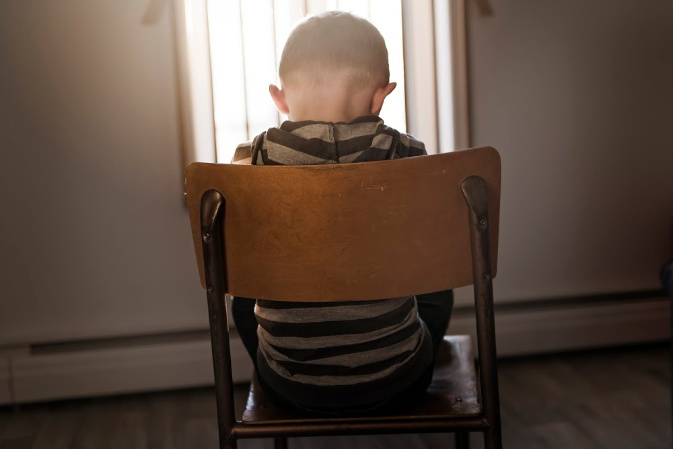


My son has ADHD. His tantrums are very hard to handle. Been looking for resources online to help me. Thank you for this list. Very informative.
Little children often have BIG feelings. When they get overwhelmed, we adults mistake it for misbehavior. However with a little bit of patience, it is easy to calm an angry child. All these little bundles of joy need is a guide to show them how to stay calm and in control.
Thanks for this post. It is SO important that we as parents handle children’s tantrums without over-reacting. Trust, kindness, and happiness are qualities and feelings that we need to build up over time, one interaction at a time.